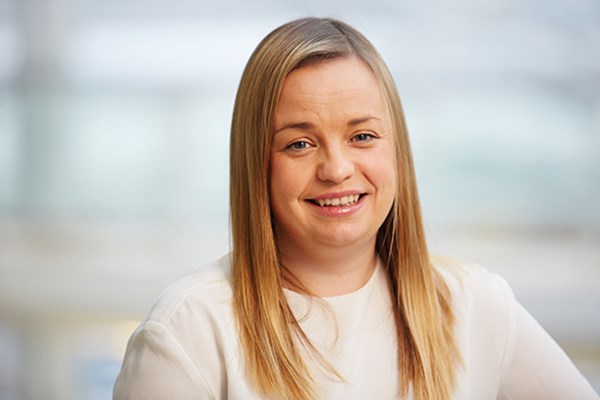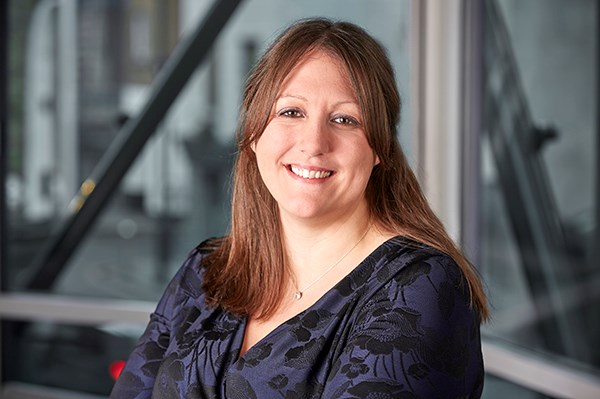A year ago we asked our associates if anyone would be interested in being seconded to the Innovation and Legal Technology team here at AG. Some people did respond and we happily took a mix of people from across the divisions. The programme has been a huge success – so for today's blog post I asked one of those, Kathryn Law, to talk about her experience as a secondee into the team….
"But, Kathryn, don't you remember the time when your computer didn't work and it took you 10 minutes to work out that a cable was unplugged…"
This was just one of the incredibly witty remarks that my colleagues had when I told them that I would be internally seconded to the ILT team six months ago.
As a senior real estate lawyer with over 11 years' post qualification experience behind me, I suspect that many of my fresher-faced colleagues would firmly put me in the "dinosaur" camp given that I remember the days when marked up documents arrived in the post and paper files took up cabinet after cabinet of expensive office space. Does this make me less inclined to champion the use of legal tech or design more innovative ways of working? Absolutely not!
The concept of deploying the subject matter expert (SME) in any technology based project is not new. However it's often the case that lawyers perform this role alongside their fee earning duties; typically testing new systems and software falls into the non-urgent (non-chargeable) category of tasks, often at the bottom of the daily to do list for most busy lawyers. Being the ring-fenced resource allows me to prioritise the delivery of systems and test new products, accelerating the speed at which these can be made available for use, allowing the project teams to keep momentum, close out each project and move onto the next.
Having the specialist knowledge of both the legal and practical processes involved in a broad range of real estate work means that I can assess which products can be applied successfully to specific clients and whether it is appropriate to use technology on a particular project or process, focussing efforts on those areas where maximum benefits can be gained.
One question often asked is whether I worry that taking a break from fee earning will impact on career progression, the implication being that I am less valuable to the business if I am not generating fees in the traditional way. My answer to that is quite the opposite. Implementation of tech in the right way can lead to significant profit margin improvement, enabling firms to meet the "more for less" challenge and that has huge value in today's market.
To anyone who is considering taking a similar step into the realm of legal technology, I would urge you to jump in with both feet and with an open mind. Spend time getting under the virtual skin of the products to learn how they can be used in the work that you do, speak to colleagues in other disciplines about how they have implemented technology to share ideas and experiences. I have no doubt that the experience you gain and the lessons you learn will have a positive impact on your career.




